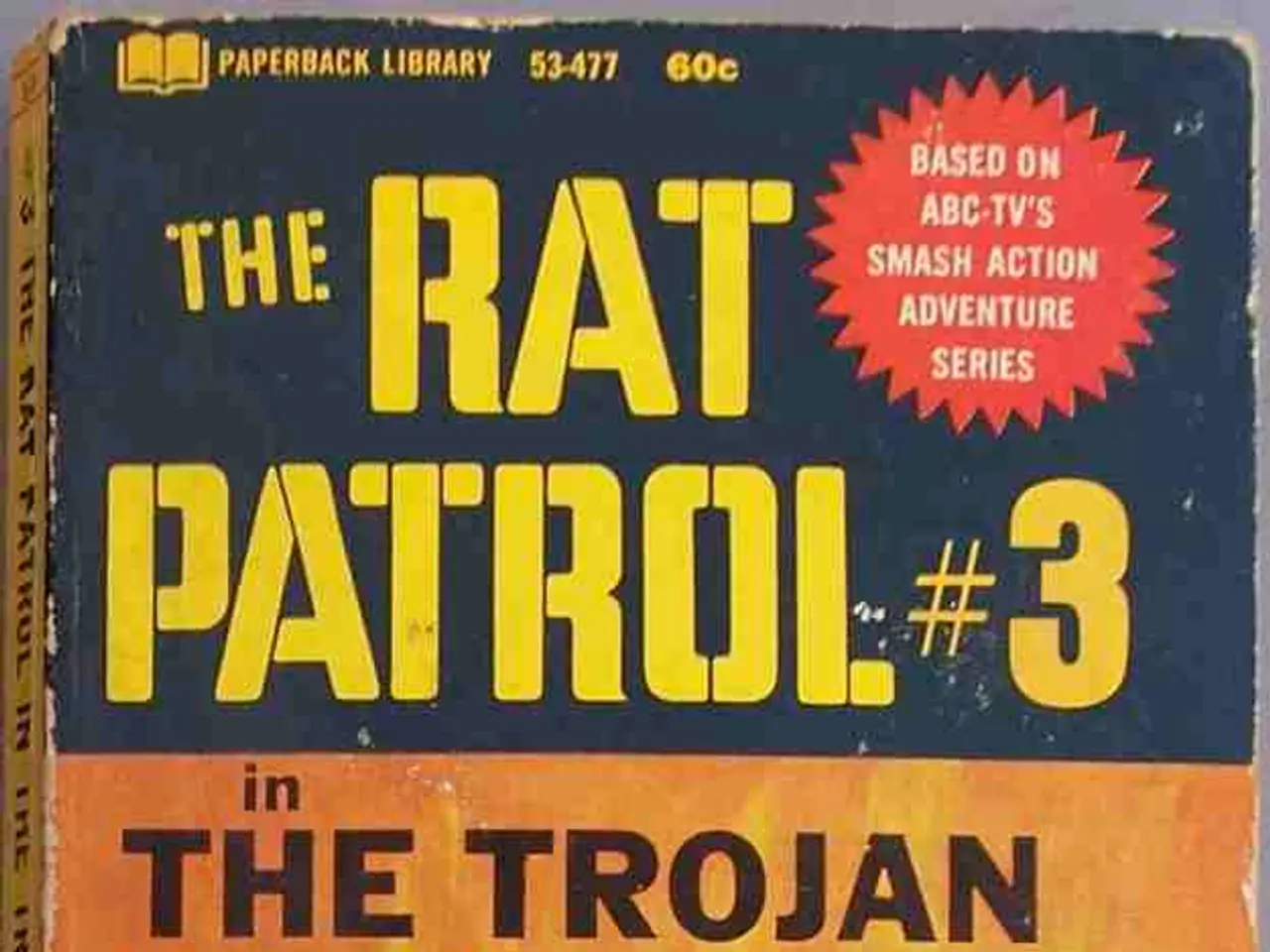Al-Scharaa assumes responsibility for maintaining security in the Druse enclave of Suwaida, supervising local authorities. - Local authorities are given security control in the Suwaida region, as assigned by Al-Shara'a.
In the heart of Syria, a conflict between Druze militias and Sunni Bedouin tribes has erupted into intense sectarian violence in the Suwaida region. Over 200 lives have been lost since the fighting began, with clashes centred around the Al-Maqous suburb and western villages.
Initially, the Syrian army attempted to restore order, pursuing what they called "groups outside the law." However, after days of deadly violence, the government announced a withdrawal of its forces on July 16, 2025, following an agreement with local Druze leaders. This withdrawal agreement includes the establishment of local police checkpoints, removal of unauthorized weapons, integration of Suwaida more firmly into the Syrian state framework, and creating a fact-finding committee to investigate the violence and rights violations.
The Druze armed group, Men of Dignity, insists that any agreement must include a full withdrawal of all external forces, underscoring the Druze desire for local control and an end to external military presence.
Meanwhile, the role of Israel in the conflict has been complex. Israeli strikes inside Syria have coincided with the recent violence, complicating ongoing normalization talks between Israel and Syria. These talks aim to de-escalate tensions amid Syria’s fragmented political landscape after Assad’s government’s partial collapse. Israel had moved forces into Syrian territory in December 2024 following Assad’s fall, declaring the 1974 border agreement void, leading to heightened tensions and occasional military engagements.
In contrast, the USA, Arab states, and Turkey have not reported direct involvement in this particular Druze-Sunni Bedouin conflict in Suwaida as of July 2025. The focus by the Syrian state and local armed groups dominates the immediate conflict landscape. Any broader geopolitical roles appear limited so far to diplomatic or regional alignments rather than direct action in Suwaida.
The situation remains fluid, with hopes that agreements on local security management and political integration will reduce violence. However, regional geopolitical tensions and the legacy of Syria’s civil war continue to pose challenges. On Monday, the Syrian government sent soldiers to Suwaida province, while on Tuesday morning, government troops, including some in civilian clothing, advanced into Suwaida's provincial capital.
Despite the challenges, there is a glimmer of hope. Al-Scharaa, Syria's transitional president, praised the mediation of the USA, Arab states, and Turkey in the conflict. A committee of government representatives and Druze religious leaders will oversee the implementation of the ceasefire agreement, with the aim of preventing the region from facing an "unknown fate."
In a significant turn of events, Israel intervened in the conflict, acting as the protective power of the Druze. On Wednesday, the Israeli army targeted a "military target" in the zone of the presidential palace in Damascus and the headquarters of the Syrian army in the Damascus region. This intervention has added another layer of complexity to the already volatile situation.
As the situation unfolds, the international community continues to watch closely, hoping for a peaceful resolution to the conflict in Suwaida and a step towards stability in Syria.
- The European Union, given its involvement in war-and-conflicts, politics, and general news, may express concern over the intensifying sectarian violence in the Suwaida region of Syria and seek ways to contribute to a peaceful resolution.
- As Israel's intervention in the Druze-Sunni Bedouin conflict in Suwaida adds another layer of complexity to the situation, global politics, including the relationships between Israel, Syria, and other regional and international actors, will likely be influenced by the outcome of the conflict.








